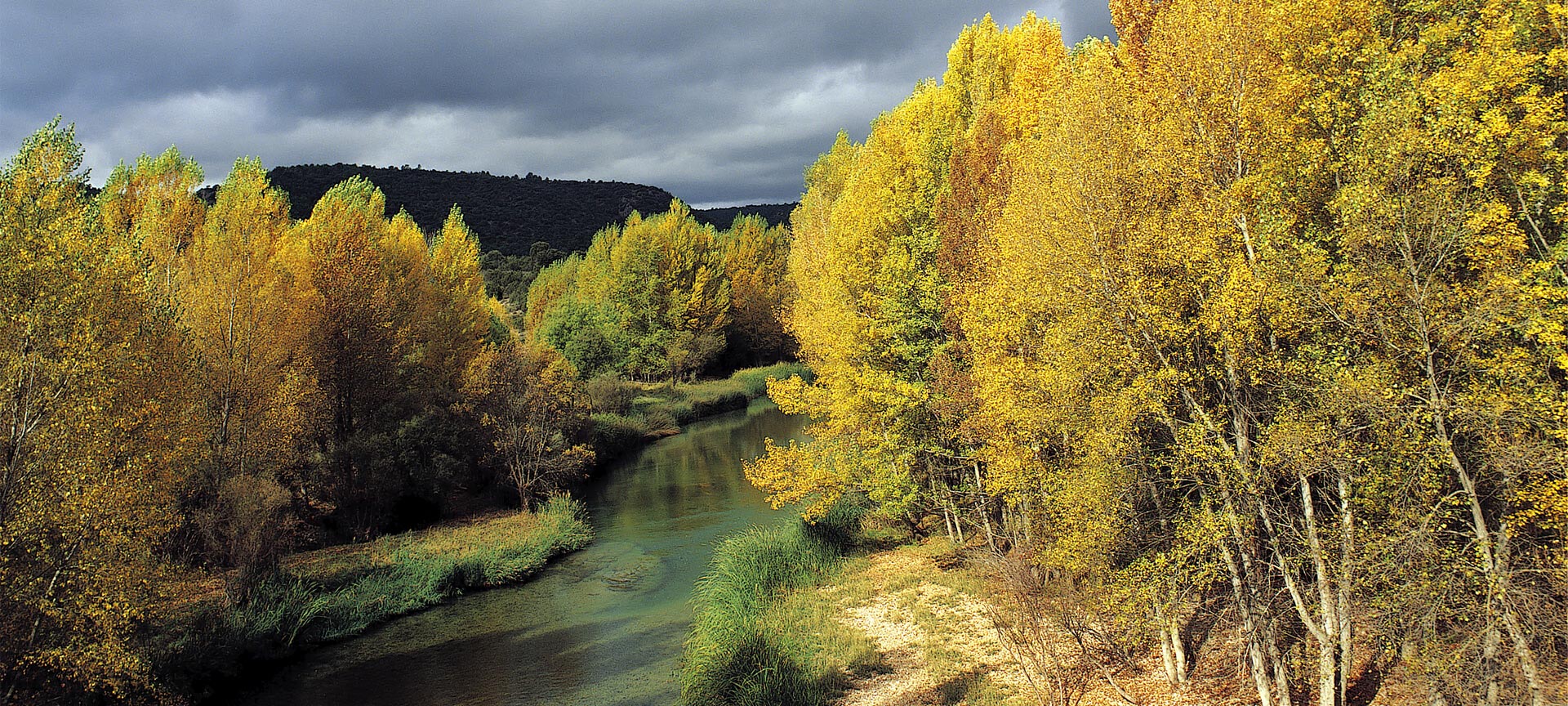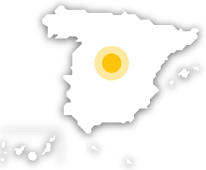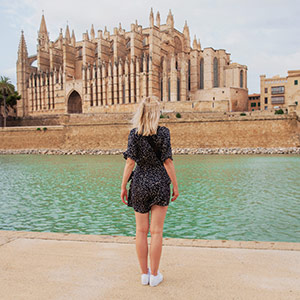
Alto Tajo Natural Park
One of the most important biodiversity spaces in Castile-La Mancha
Located between the southeastern part of Guadalajara and the northeastern part of Cuenca, this natural area is the largest continuous network of canyons and gorges in Castile-La Mancha . Most of the typical characteristics of the Iberian Mountain Range can be found in the Alto Tajo region. Some of the important features of the terrain are linked with the courses of the rivers such as the canyons, gorges and terraces, as well as singular shapes on the slopes such as crevices, jagged peaks and monoliths.
The network runs along the Tajo River and a large number of tributaries, including Cabrillas, Bullones, Gallo, Arandilla, Salado, Ablanquejo, Hoceseca and Tajuelo.
Alto Tajo Natural Park
Guadalajara (Castilla-La Mancha)
Cuenca (Castilla-La Mancha)
Activa JS
What you need to know
-
Environmental information
Its great diversity of flora and extensive pine forests stand out, as well as the Spanish junipers (Juniperus thurifera) and riverside woodlands. With regard to the wildlife, the Tagus Canyon provides habitats for a diverse variety of birds of prey (golden eagles, Egyptian vultures, griffon vultures, eagle owls, peregrine falcons and the rare Bonelli's eagle).The rivers and streams that flow through the park, characterised by their excellent quality and the good state of conservation of their banks and beds, favour the presence of one of the best populations of otter in the region. What’s more they are home to trout, barbel, and bogue together with other species of fish, and in more remote stretches, native crayfish, which are in sharp decline, are also to be found.
-
Information for visits
The Park has a reference Interpretation Centre, located in Corduente (Guadalajara), which provides all the information on the natural resources of this protected area, as well as the organisation and planning of the visit. In addition, the park has three more visitor centres, open on weekends, holidays and long weekends from Easter to the end of October:The “Río Tajo Visitor Centre” in Zaorejas. In Orea, the “Sequero de Orea”, an interpretation centre for the traditional trades of the Alto Tajo. In Checa, the “Museum of traditional livestock farming of the Alto Tajo”.You can find all the information in the Guía del Visitante del Parque Natural del Alto Tajo (Alto Tajo Natural Park Visitor Guide, only available in Spanish).
Travel plans for inspiring you






